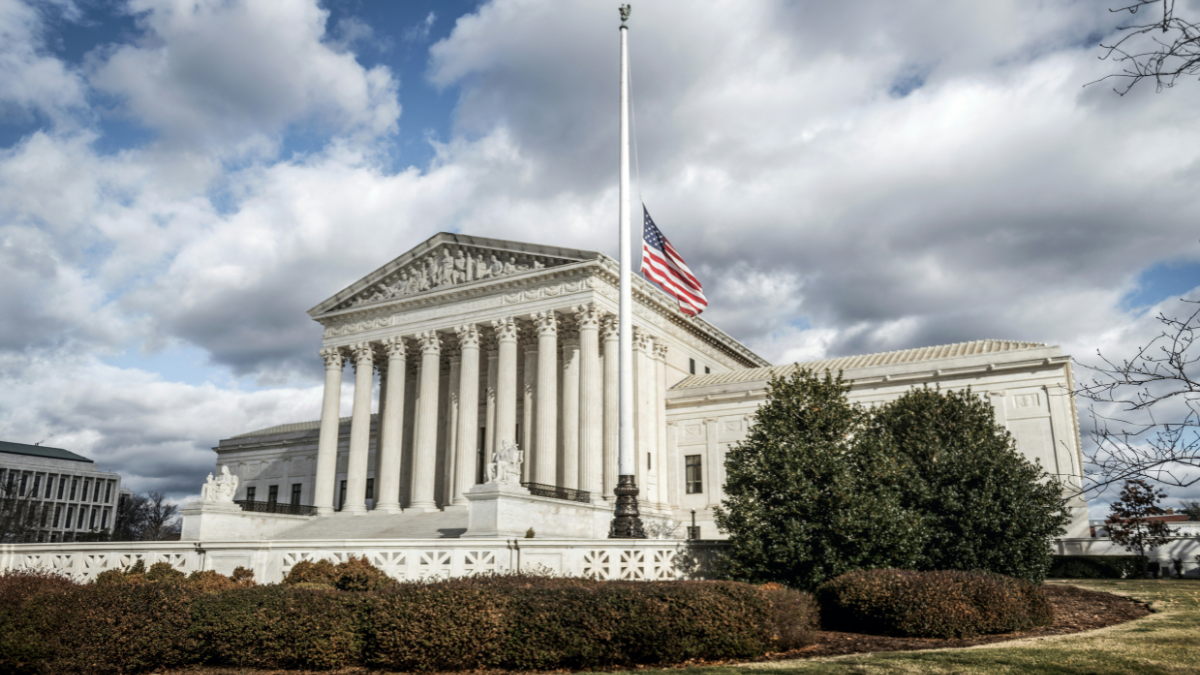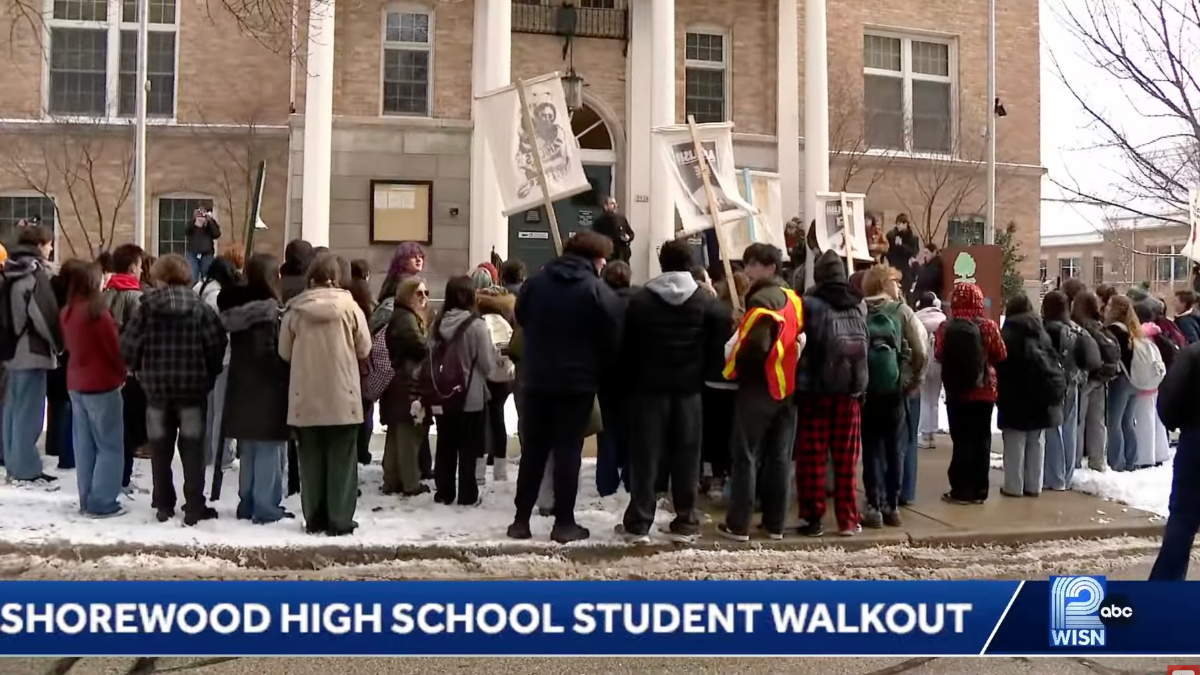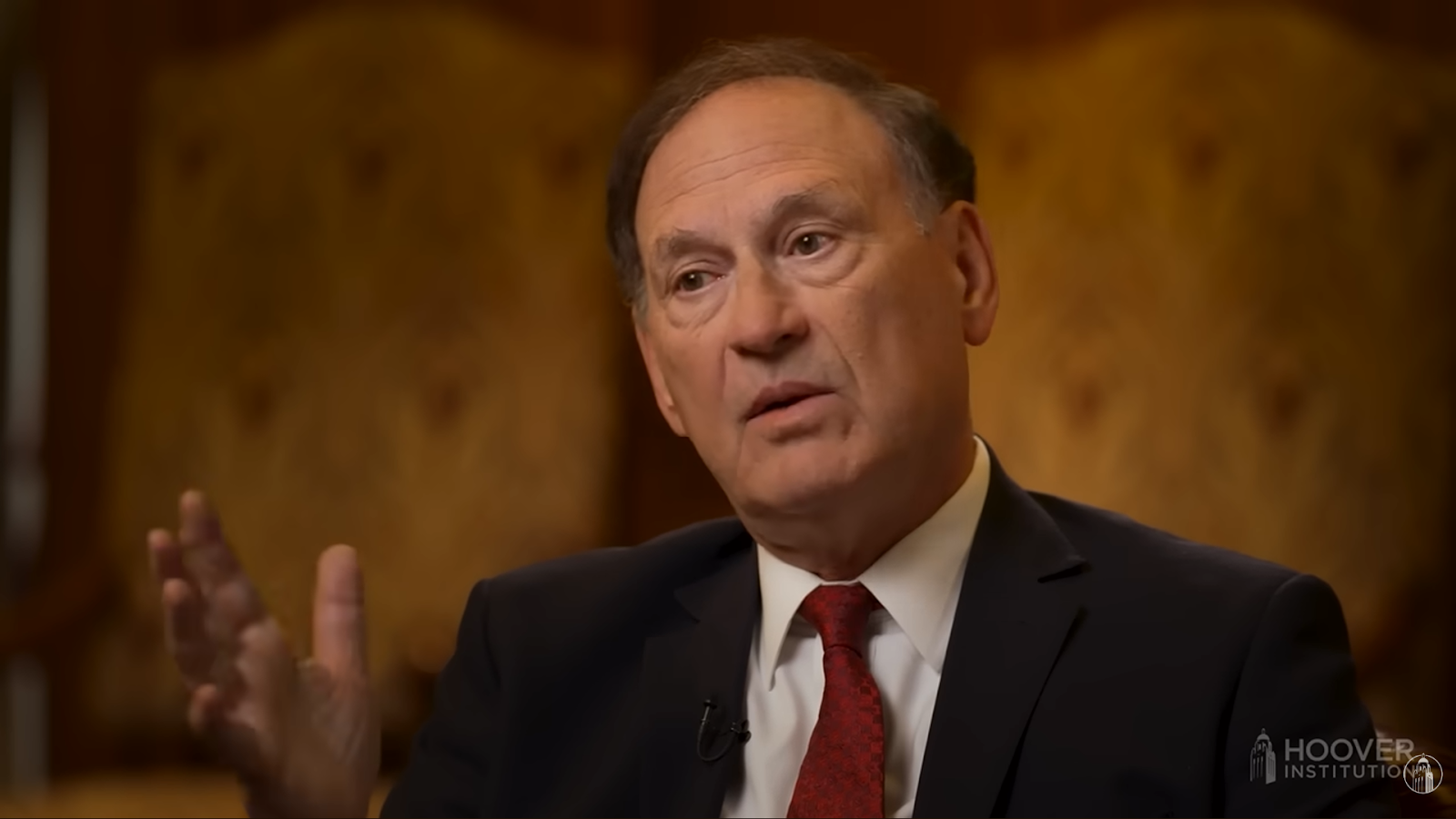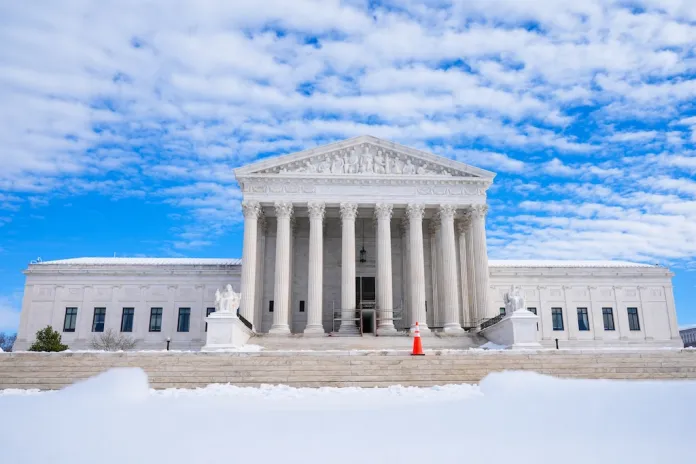Supreme Court pits president’s economic powers against foreign policy powers
The U.S. Supreme Court recently held oral arguments regarding the legality of former President Donald Trump’s broad use of tariffs under the International Emergency Economic Powers Act. The case centers on a constitutional clash between the president’s foreign affairs powers and Congress’s exclusive authority to impose tariffs and taxes. During the hearing, justices expressed skepticism about the government’s position that the president’s tariffs are lawful and questioned how the president’s foreign policy power could override Congress’s explicit taxing power. Chief Justice John roberts and Justice Sonia Sotomayor both emphasized that the power to tax, including tariffs that generate revenue from American citizens, is constitutionally reserved for Congress. The Solicitor General struggled to justify the claim that tariffs are not taxes and to point to statutory precedents for the president’s tariff authority. Lawyers for the companies challenging the tariffs argued that the constitution grants tariff power solely to Congress, not the executive branch. The Supreme Court’s forthcoming decision in this case is expected to have significant implications for the scope of presidential power and trade policy enforcement.
Supreme Court justices pit president’s economic powers against foreign policy powers in tariffs argument
The Supreme Court‘s Wednesday oral arguments over the legality of Donald Trump‘s sweeping “Liberation Day” tariffs pitted the president’s constitutional foreign affairs powers against Congress’s constitutionally delegated tariff power.
The justices appeared highly skeptical of the Solicitor General D. John Sauer’s arguments that the president’s sweeping tariffs under the International Emergency Economic Powers Act are lawful. Chief Justice John Roberts questioned how Sauer’s claim that the president’s broad leeway with foreign affairs power squares with Congress’s explicit power to tax and tariff in the Constitution.
Roberts acknowledged broad powers for the president “in dealings with foreign powers” but questioned the claim in the context of the tariffs, which he said is the “imposition of taxes on Americans,” which “has always been the core power of Congress.”
“So to have the president’s foreign affairs power trump that basic power for Congress seems to me to kind of at least neutralize between the two powers, the executive power and the legislative power,” Roberts said.
Sauer responded by claiming the tariffs are not “taxes all born by Americans” rather than foreign manufacturers, but instead a mix, to which Roberts asked squarely who pays for the tariffs.
Justice Sonia Sotomayor was also unconvinced by the solicitor general’s arguments, pointing to the Constitution’s delegation of taxing power to Congress, despite Sauer claiming that tariffs are not a tax.
“I just don’t understand this argument,” Sotomayor said. “It’s not an article, it’s a congressional power, not a presidential power, to tax. And you want to say tariffs are not taxes, but that’s exactly what they are. They’re generating money from American citizens: revenue.”
The solicitor general also faced a grilling from multiple justices over the assertion that the statute’s provision allowing the president to regulate the importation of foreign goods includes tariff powers, despite not explicitly mentioning it. Justice Amy Coney Barrett asked Sauer what other laws exist with that language that grant a tariff power, to which Sauer was only able to directly point to the Trading with Enemies Act.
The justices also questioned the companies and states that have sued the Trump administration over the tariffs. Roberts asked Neal Katyal, a lawyer for the companies, whether, while that taxing power is a core congressional power, the president’s foreign affairs powers would also come into play with tariffs because they are inherently foreign-facing.
“We don’t disagree with a large part of that. We think instead of thinking about foreign versus domestic, the better way of thinking about it is Article I versus Article II,” Katyal said, noting that the president is given no tariff power under the Constitution.
TRUMP MAY FINALLY GET SOME LOSSES AS SUPREME COURT TURNS TO MERITS DOCKET
In the courtroom for the high-profile hearing at the Supreme Court were Treasury Secretary Scott Bessent and Commerce Secretary Howard Lutnick, along with Sens. Mike Lee (R-UT), Amy Klobuchar (D-MN), Ed Markey (D-MA), and comedian John Mulaney.
The Supreme Court is expected to release a decision in the tariffs case in the coming months, a ruling that could have sweeping implications for Trump’s signature trade policy and presidential power.
" Conservative News Daily does not always share or support the views and opinions expressed here; they are just those of the writer."




